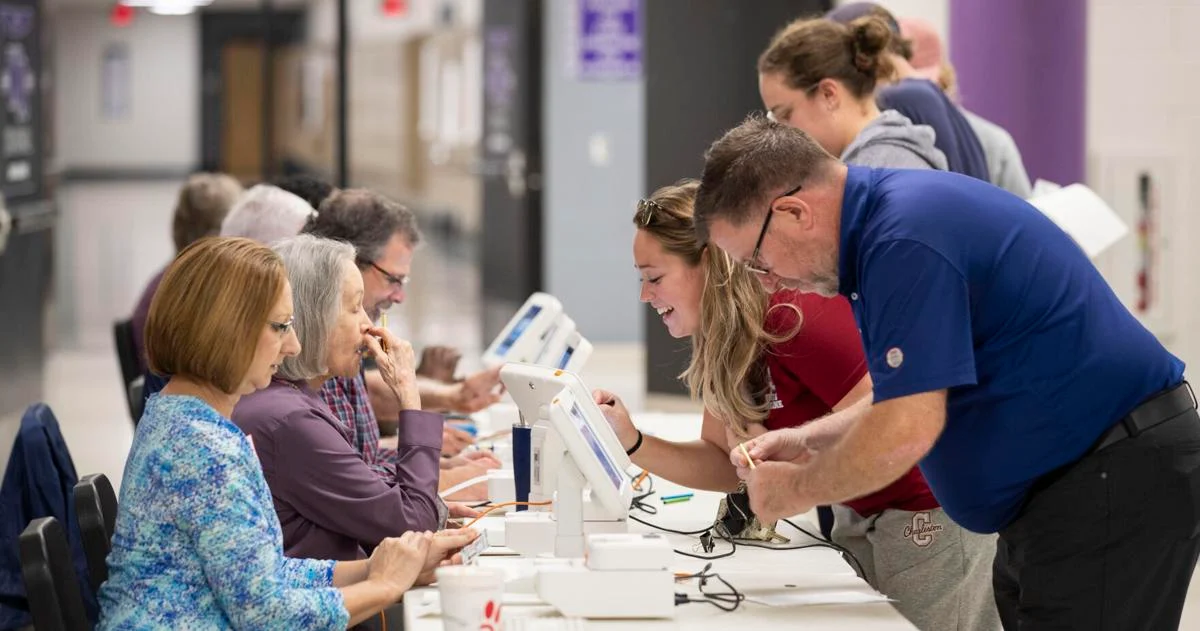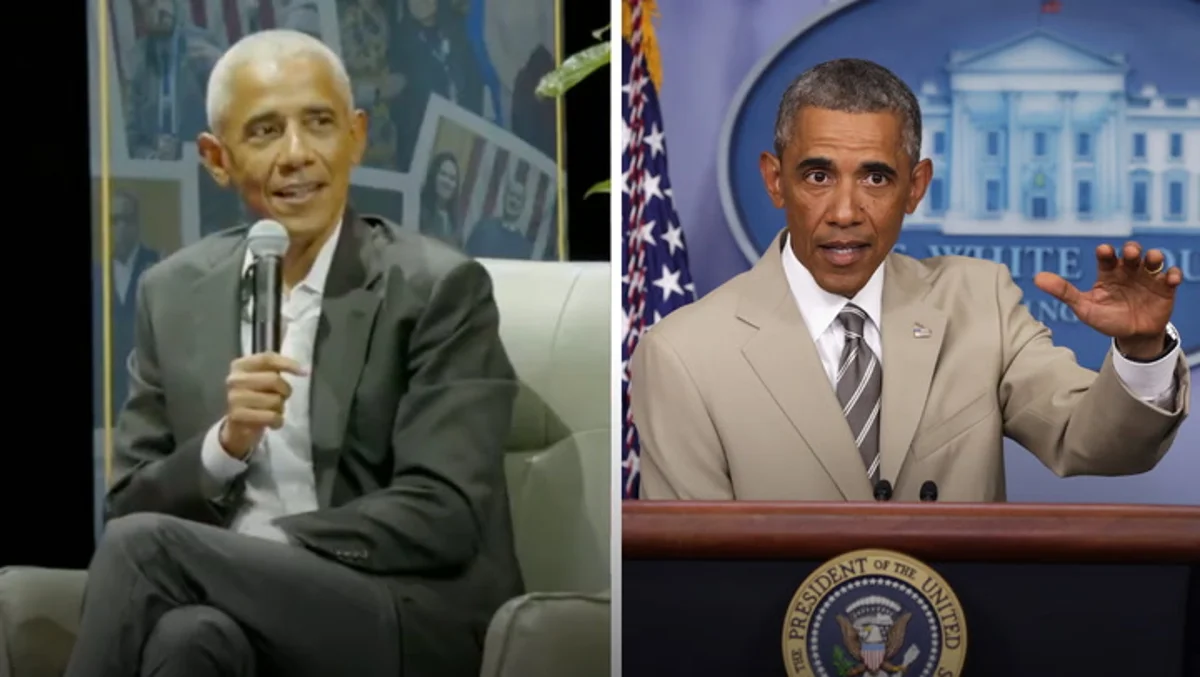By By Cindi Ross Scoppe
Copyright postandcourier

The bigger blow for liberals was the decision six days earlier — also unanimous — to lift temporary orders that were blocking the State Election Commission from providing sensitive voter registration information to the U.S. Justice Department.
Or at least that’s a bigger blow to anybody who didn’t read the order. Do that, and it’s hard to object.
I haven’t entirely decided what to think about the propriety of the Trump administration’s effort to seize state voter databases. On the one hand, the administration already has access to our complete Social Security numbers. That’s why I’ve never bought into the hysteria — which used to reside on the right and has now migrated to the left — about the federal government getting its hands on our personal data, by which critics mean government-created data. See the problem with that?
On the other hand, there’s the question of why a presidential administration — to which the Constitution gives no role in running elections — needs states’ voter data; if it’s to investigate fraud, you’d think the requests would be targeted, and you wouldn’t think they would include information about election officials. And then there’s the matter of the identity-theft threat posed by shipping off neatly packaged tranches of that sensitive personal data to an administration that has a less-than-stellar record of keeping secrets secret.
But our state court didn’t get into any of that.
Instead, it focused on its job: determining whether the lower-court judge had followed the rules in issuing a temporary restraining order and a preliminary injunction. The answer in both cases was an unequivocal no.
First, the justices wrote, well-established court rules say that in order to issue a temporary restraining order before the defendant even knows the lawsuit had been filed, a judge must “define the injury and state why it is irreparable and why the order was granted without notice” to the defendant. Circuit Judge Diane Goodstein’s order issuing an ex parte TRO did none of that.



